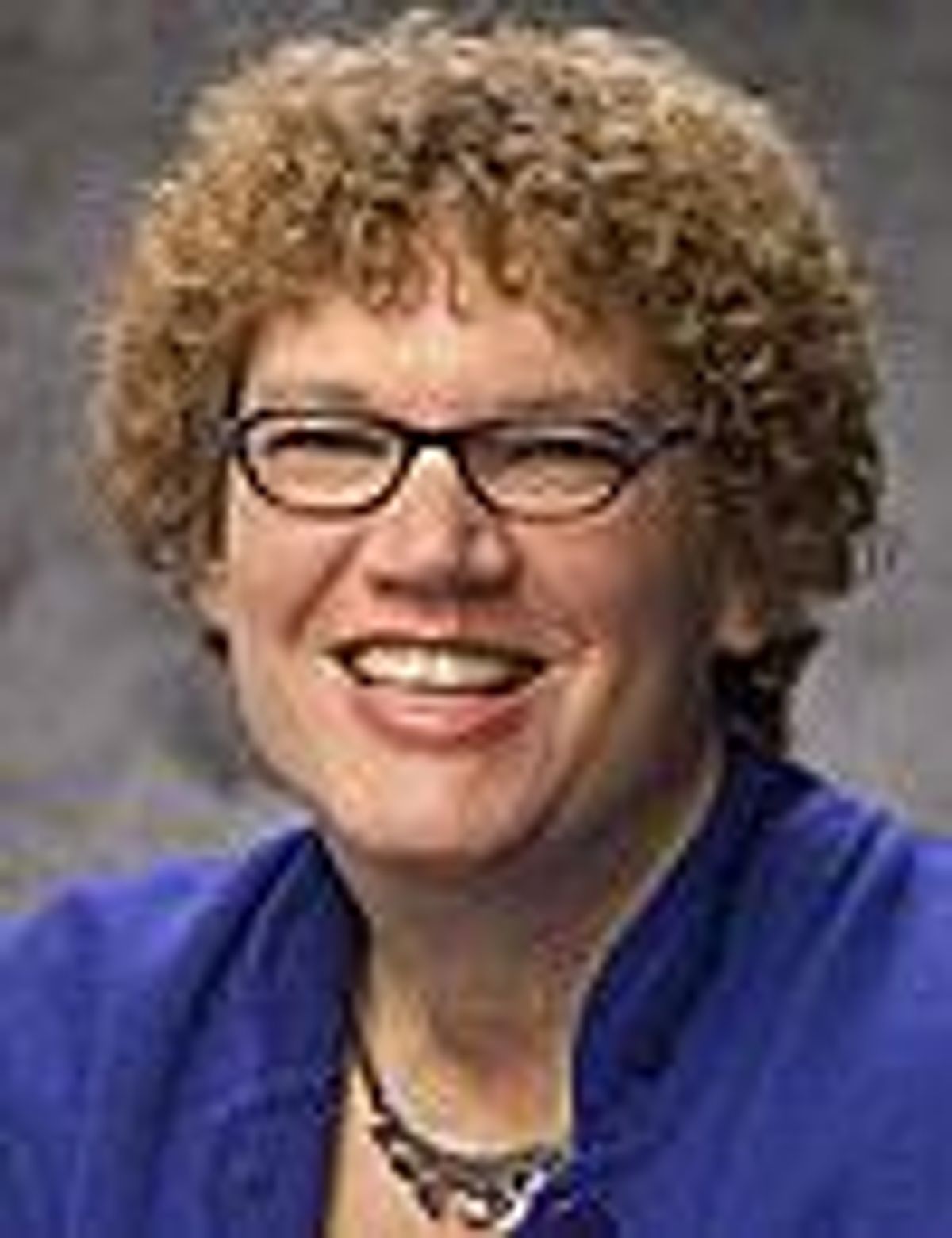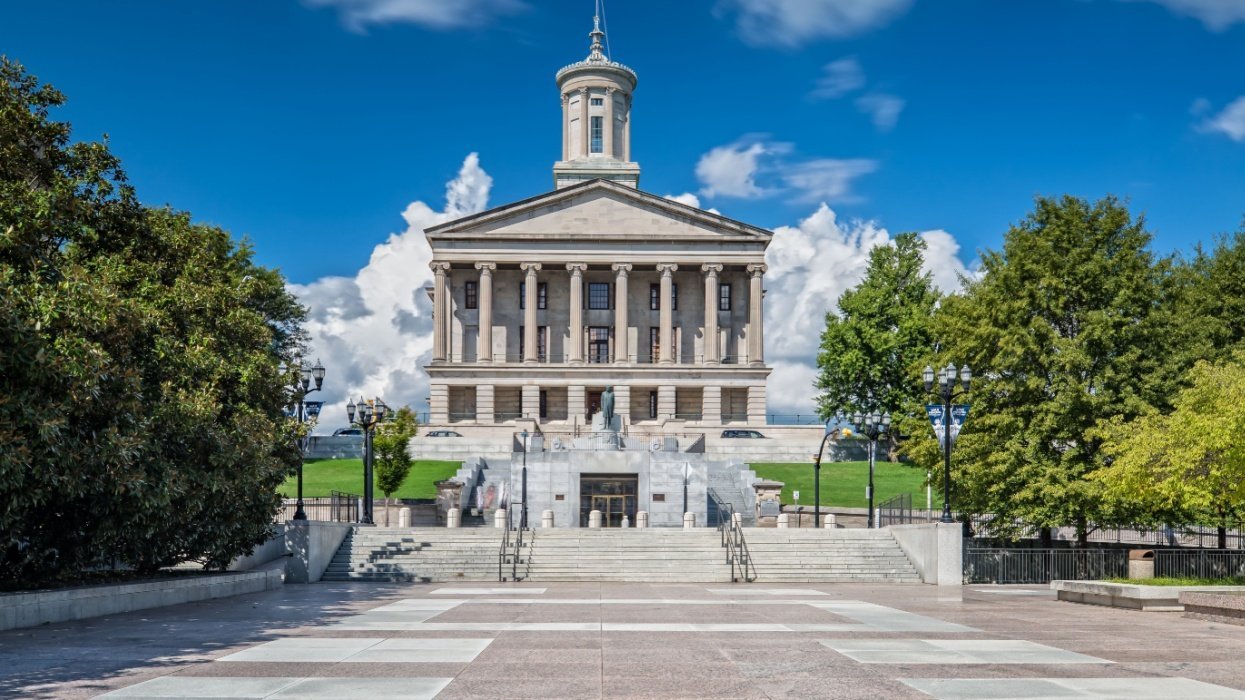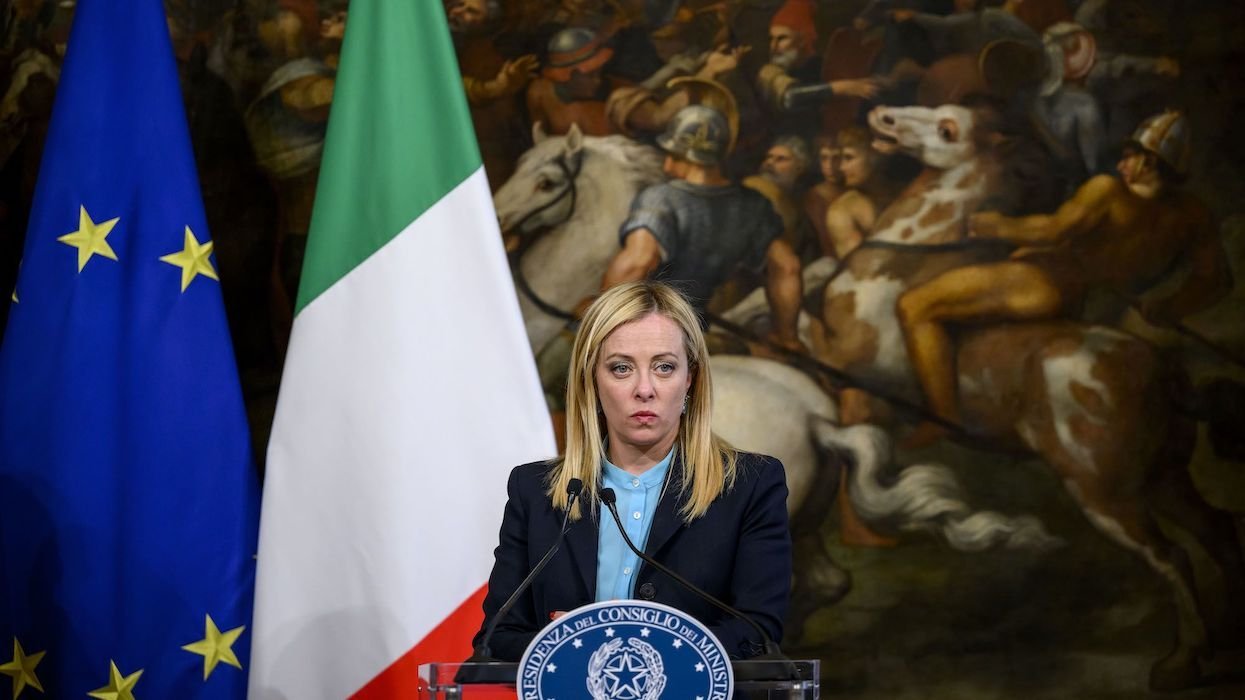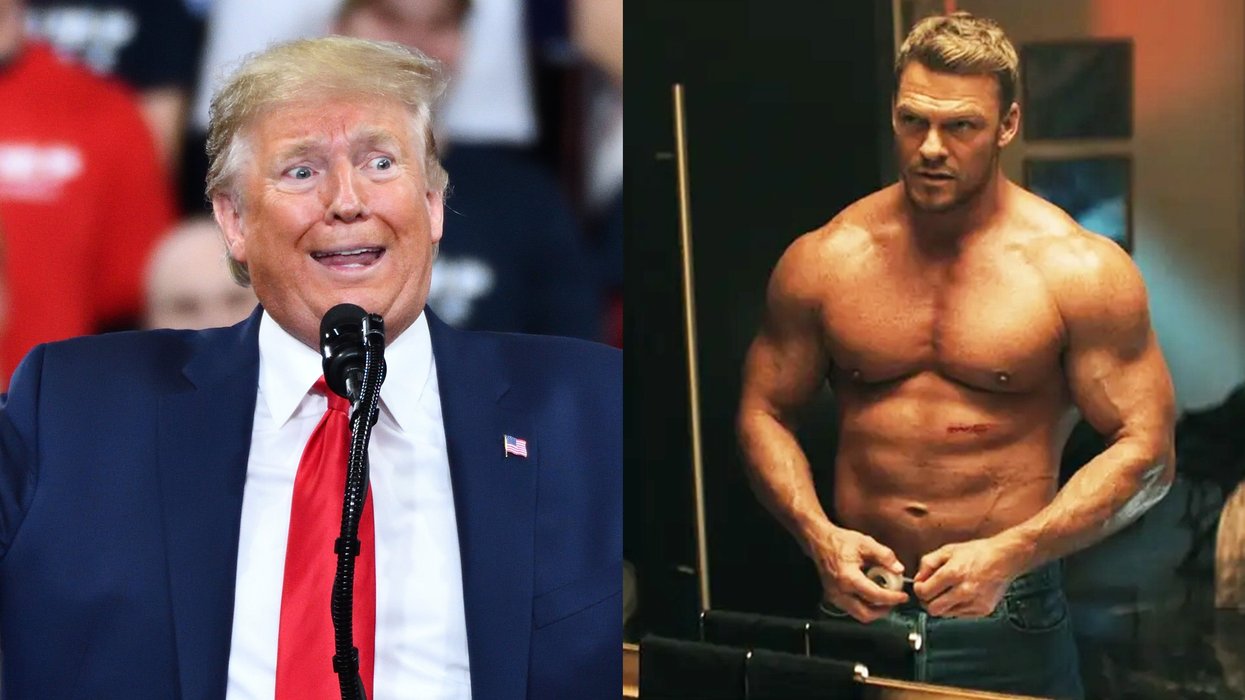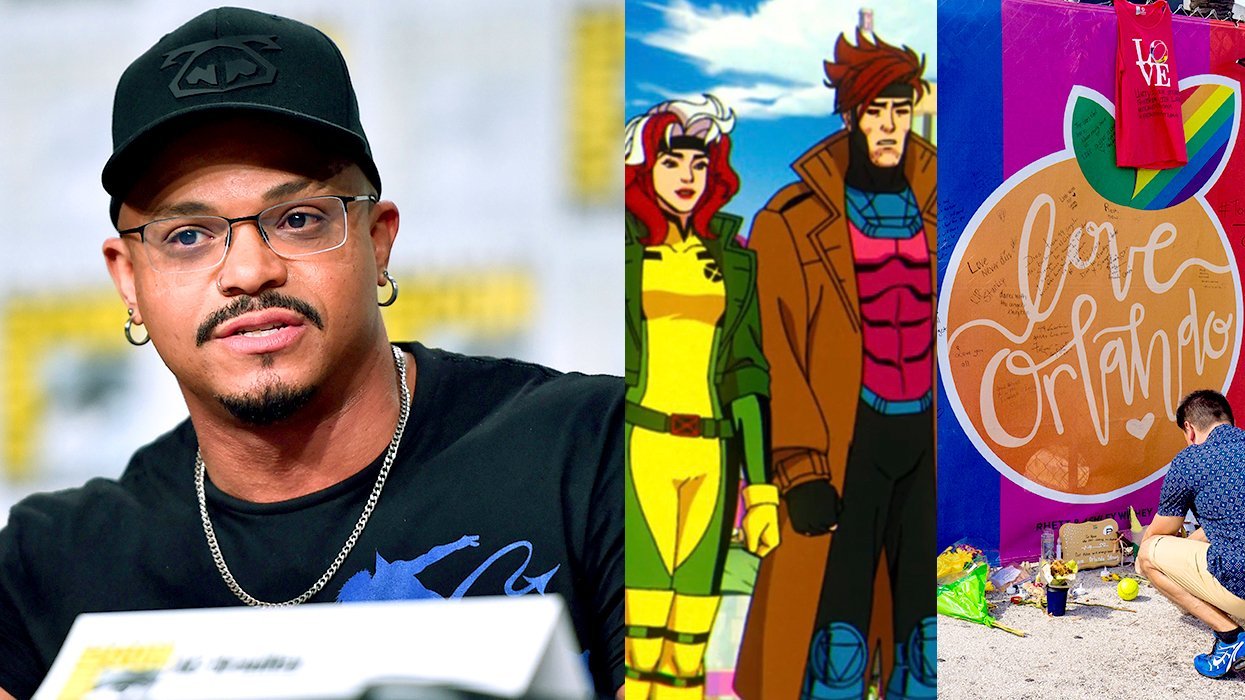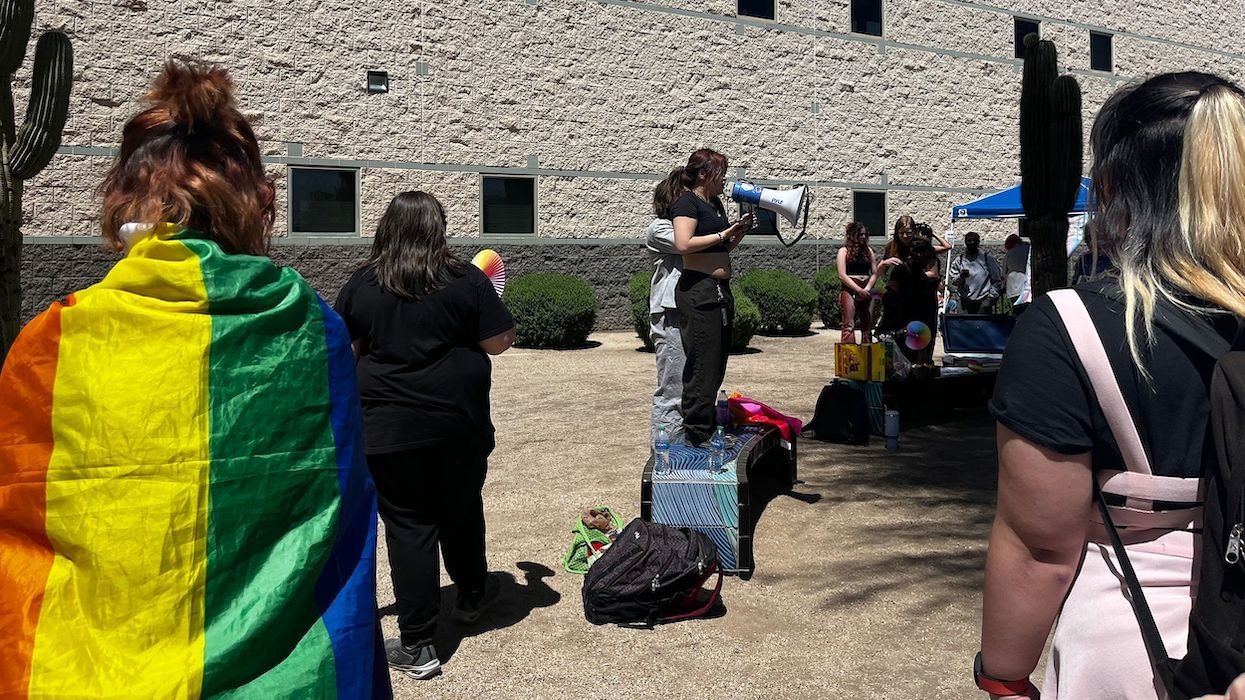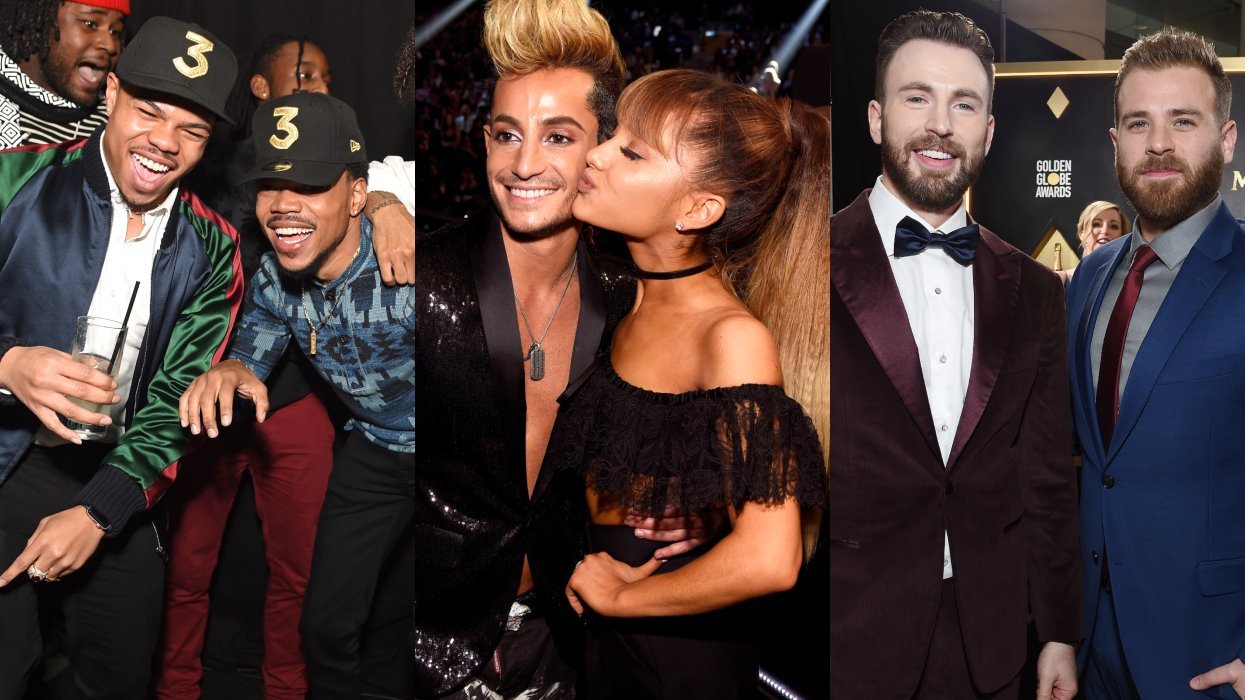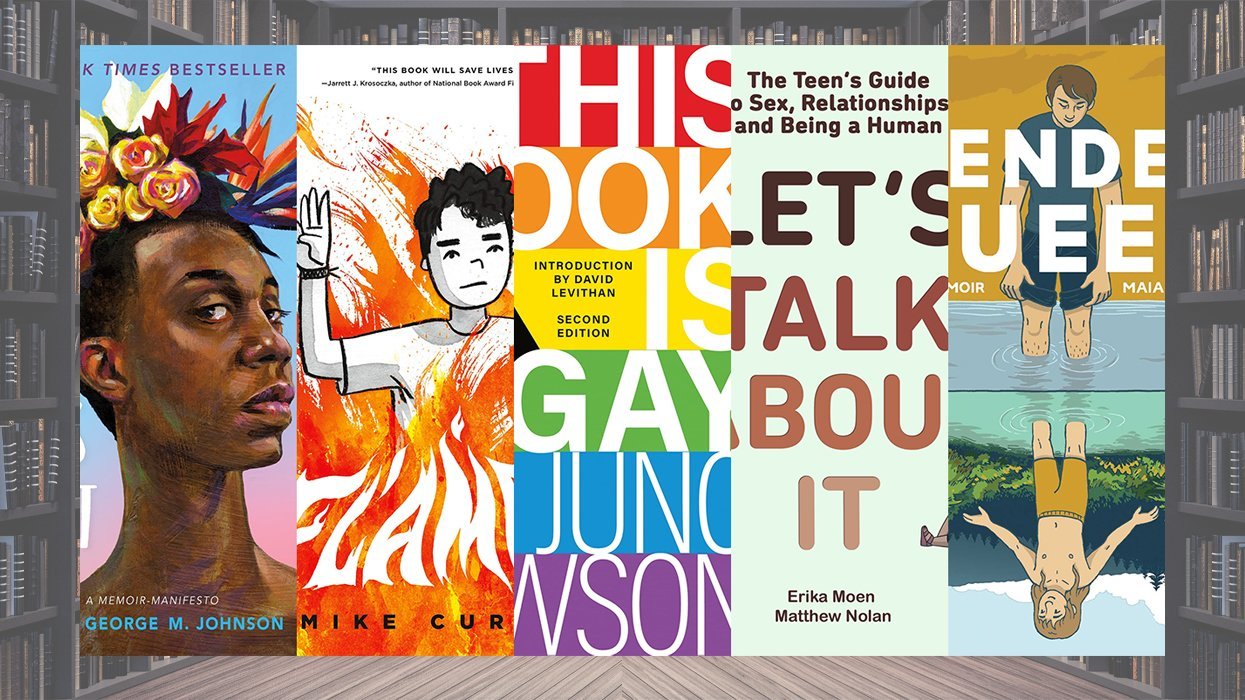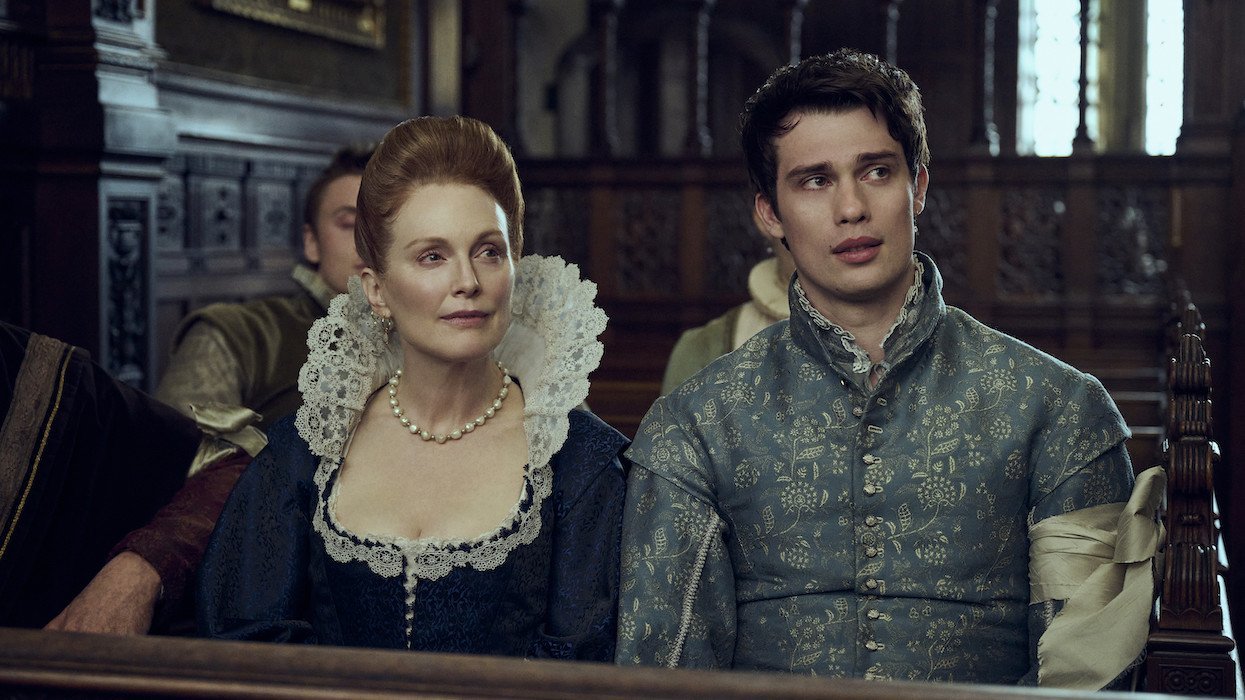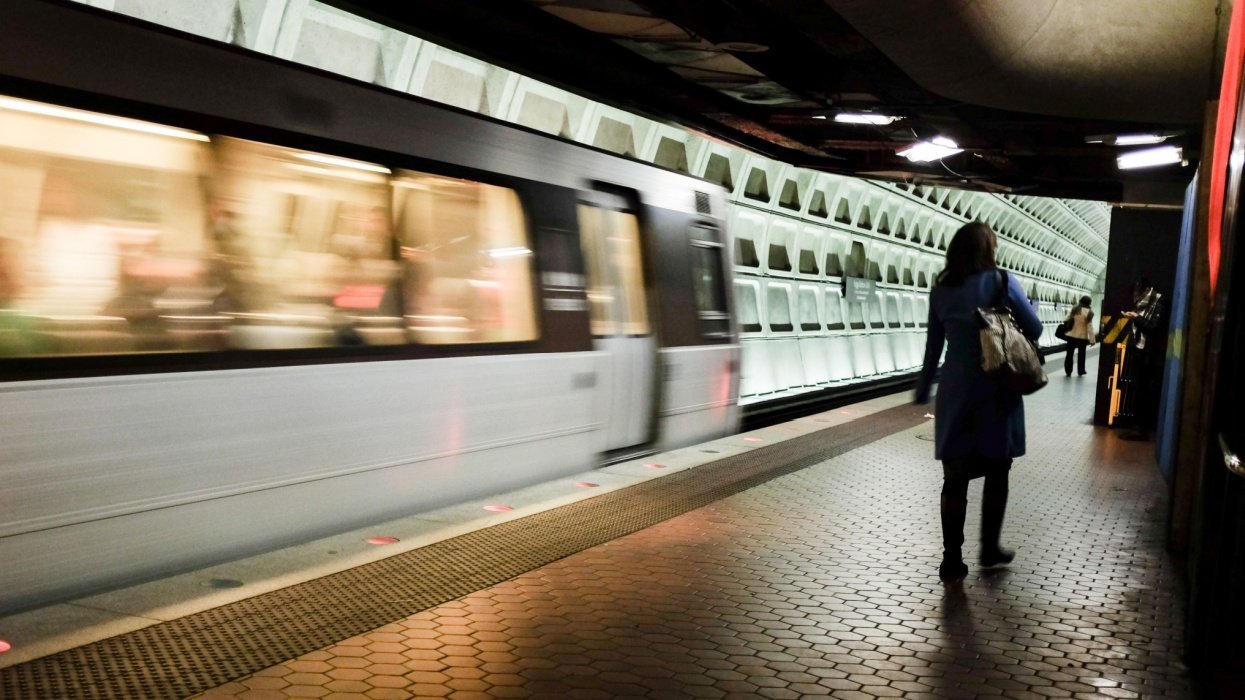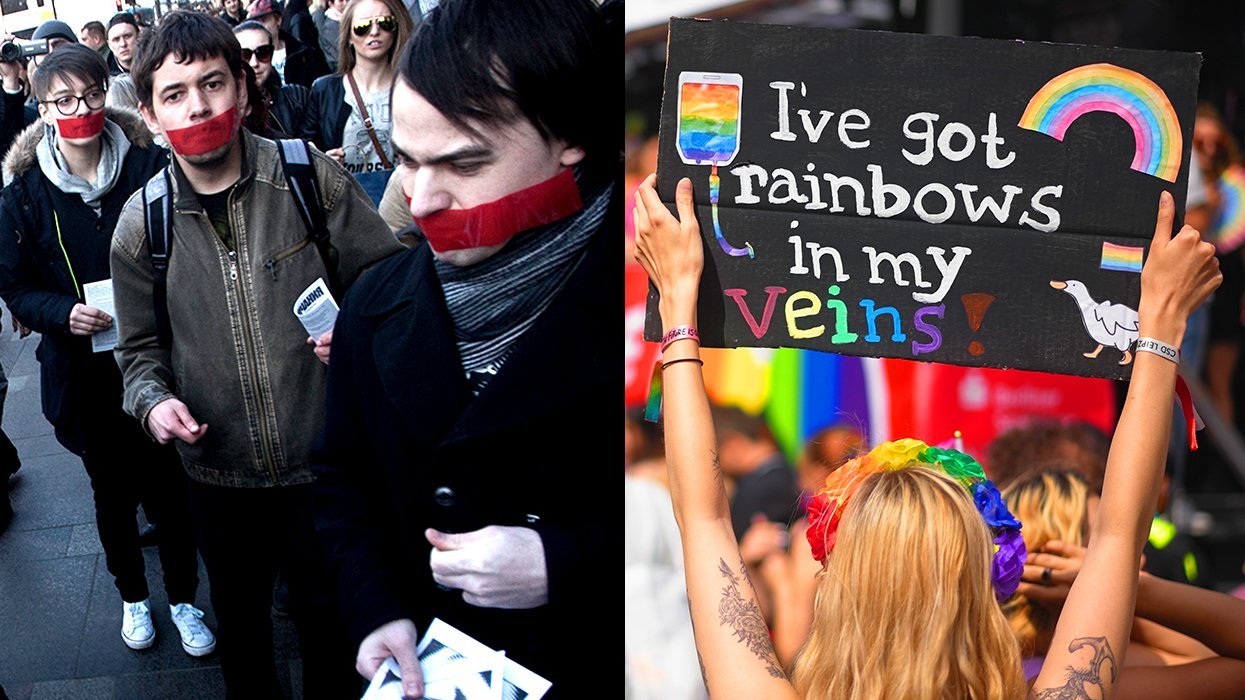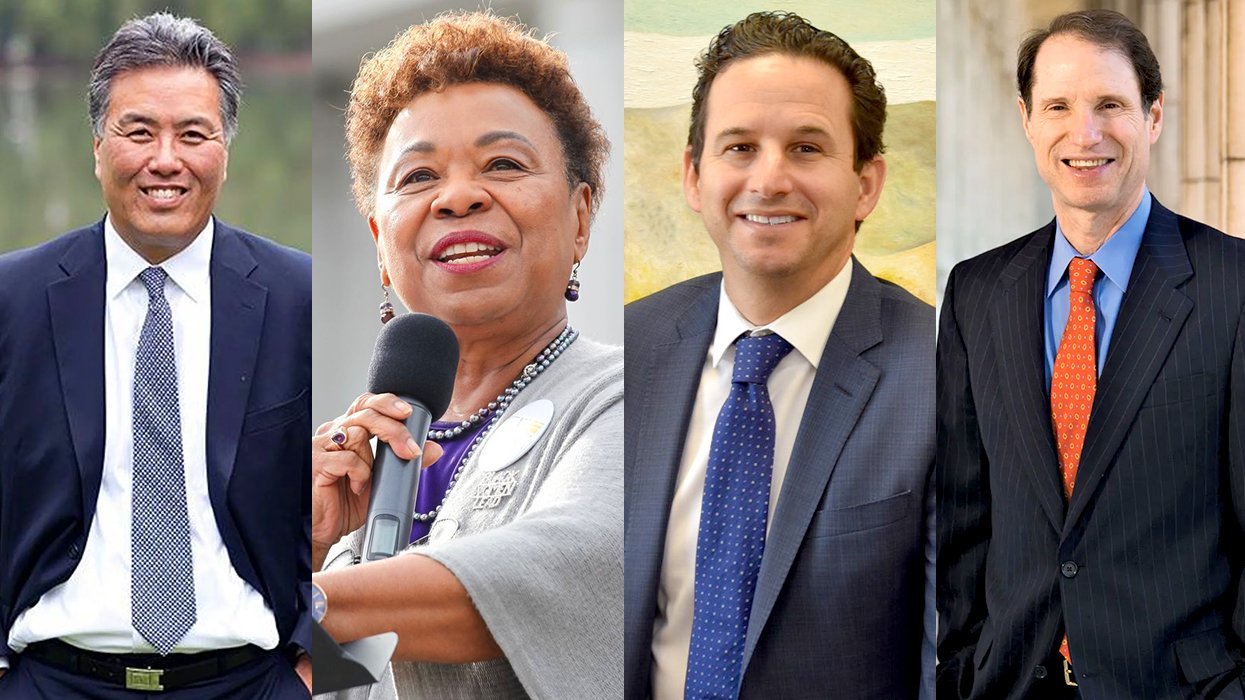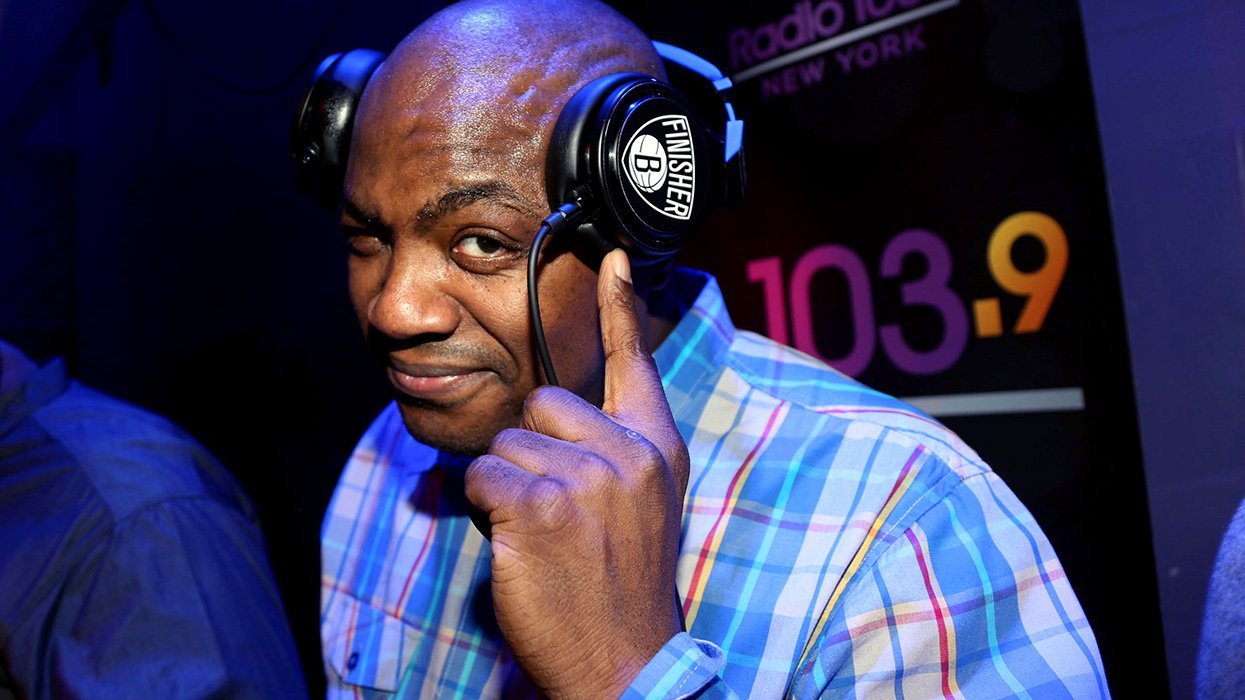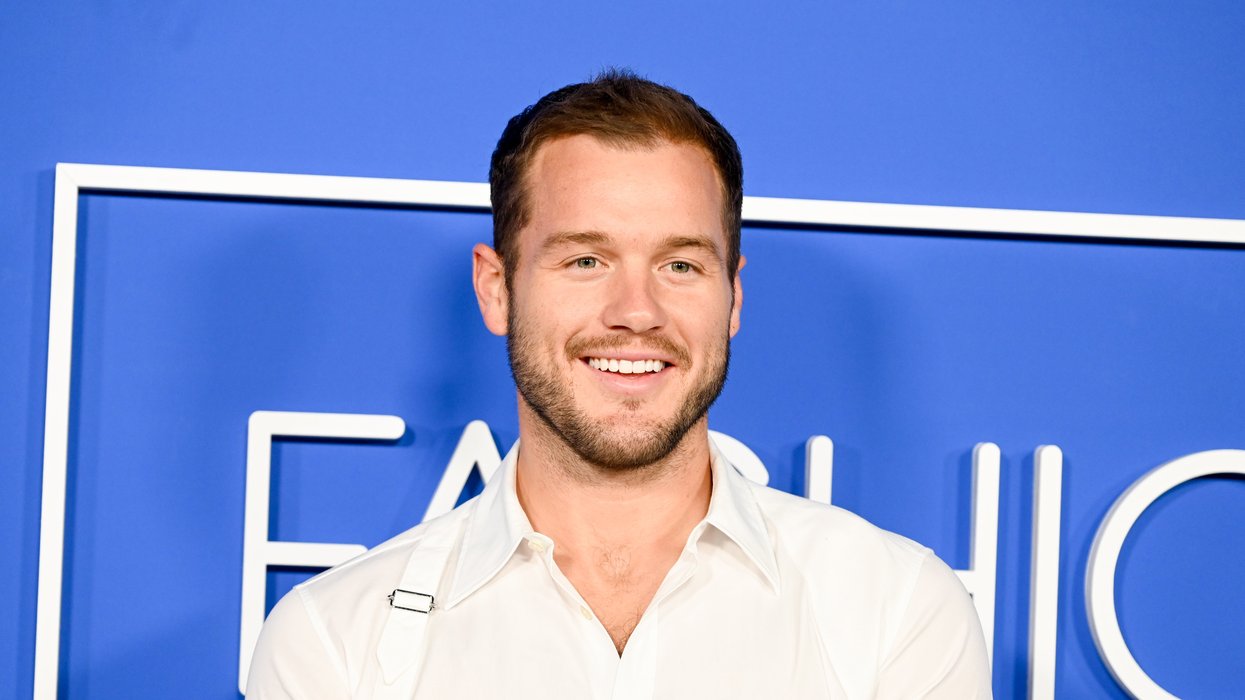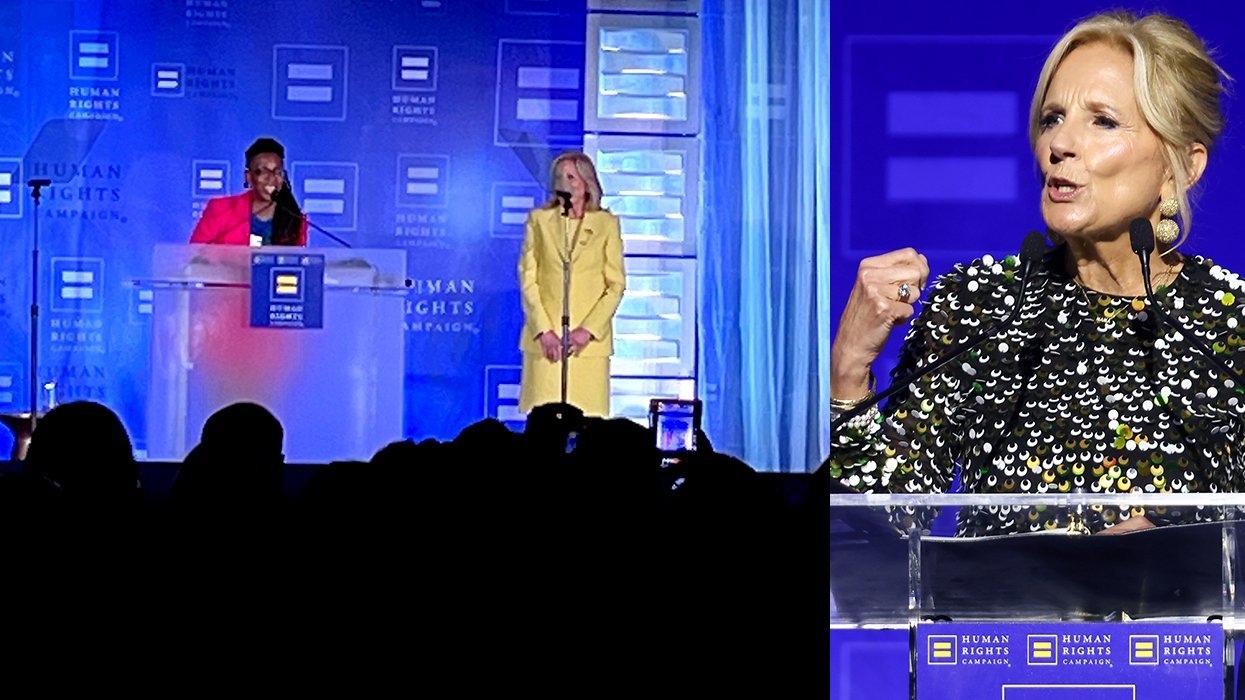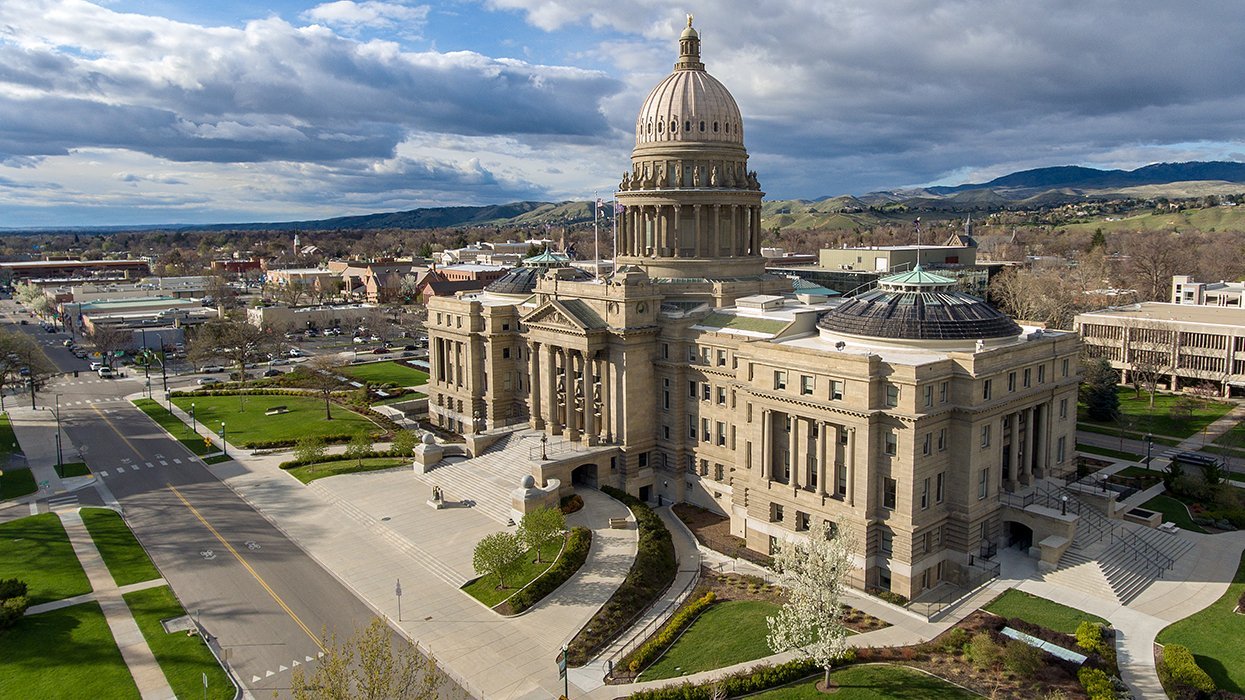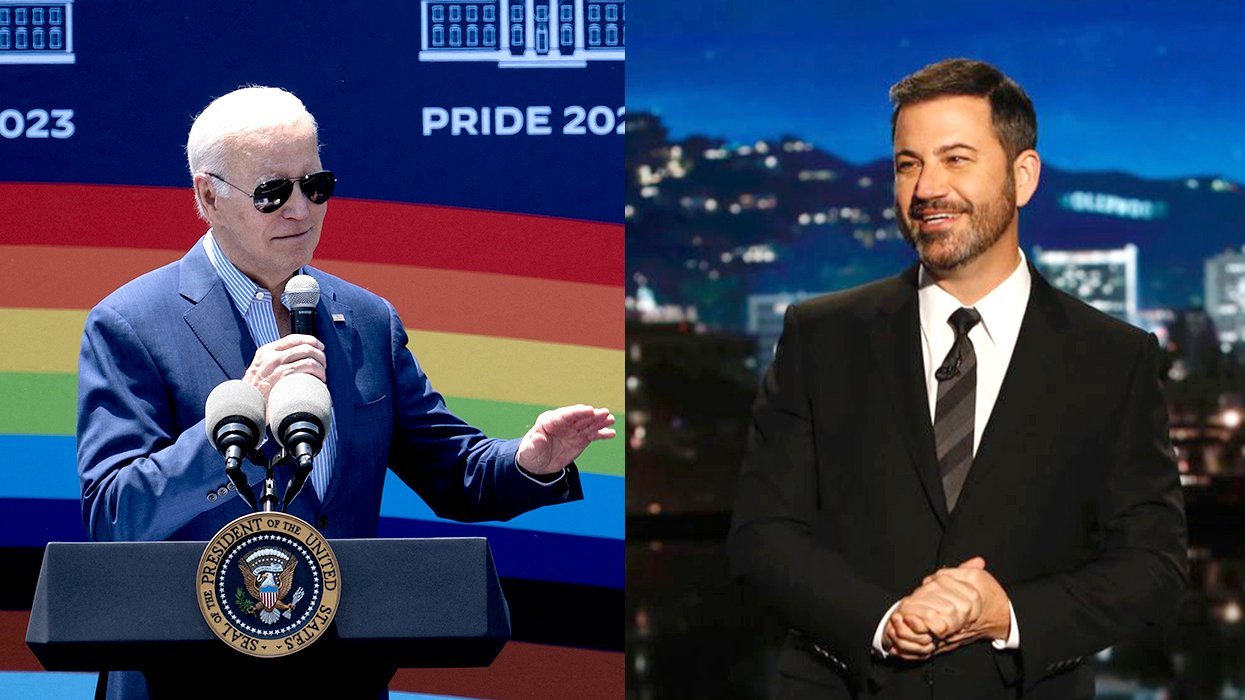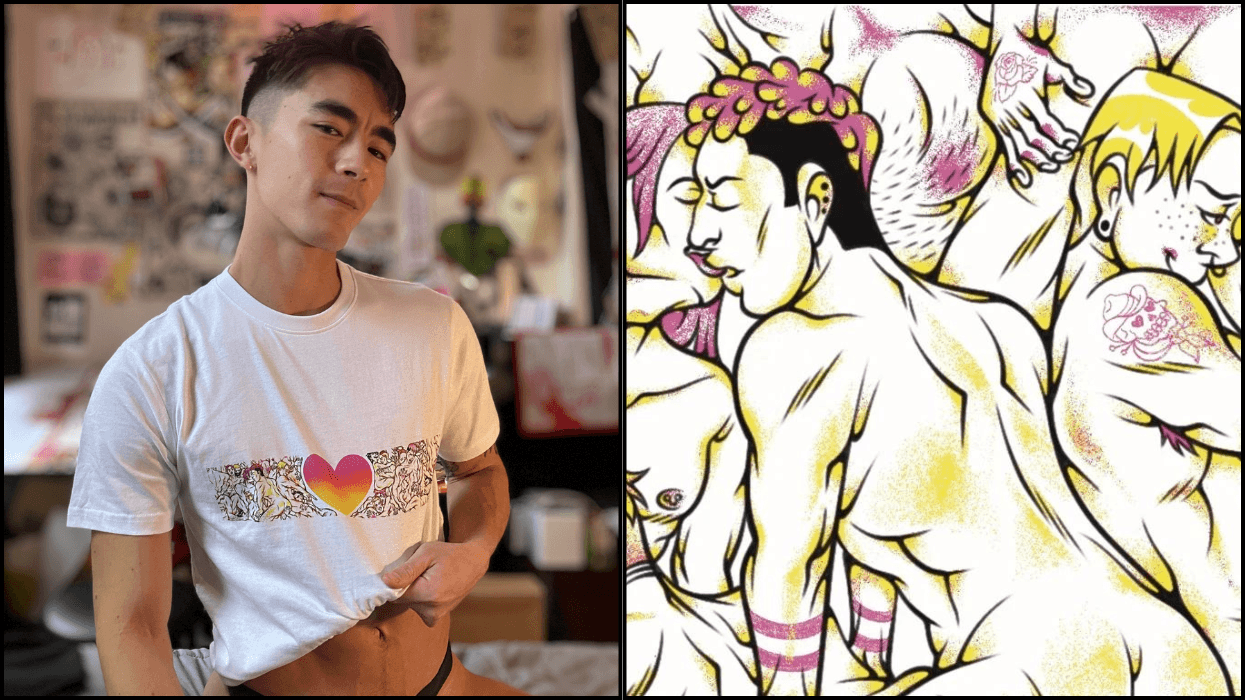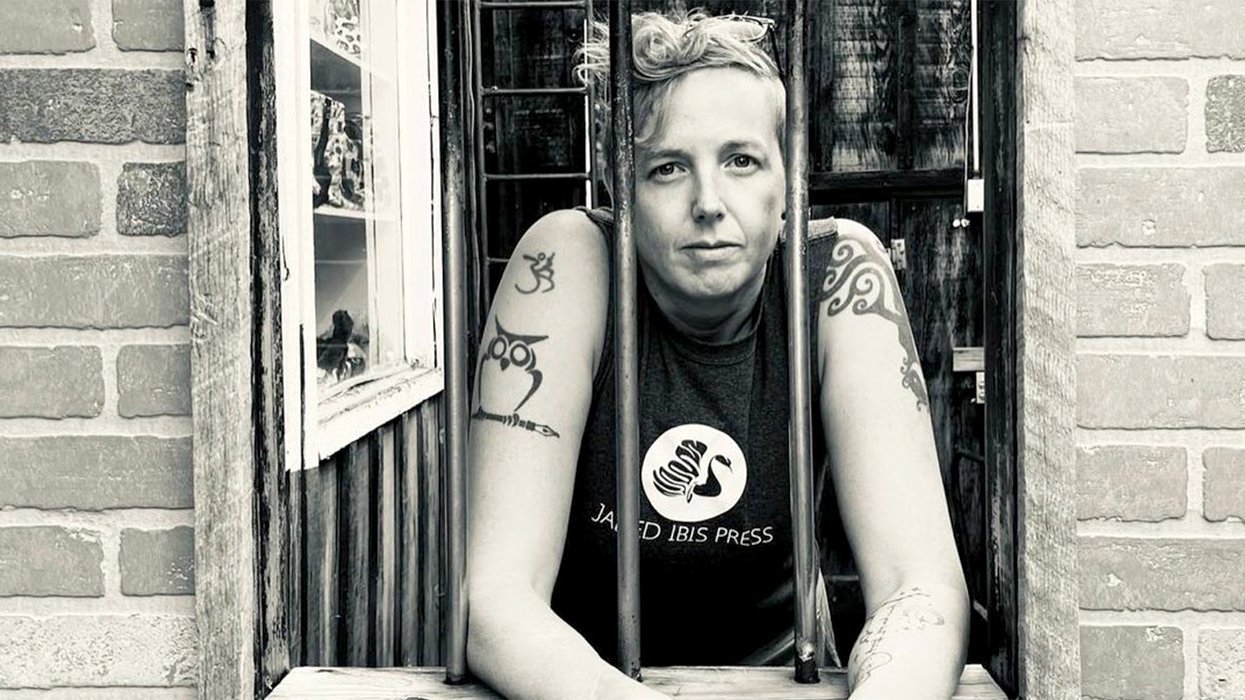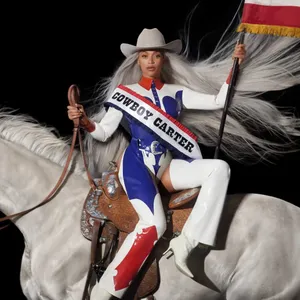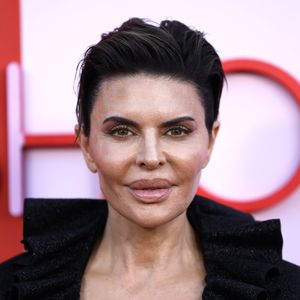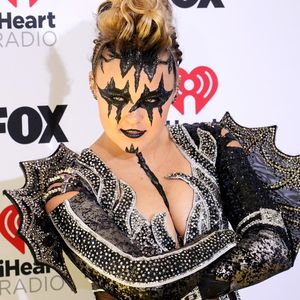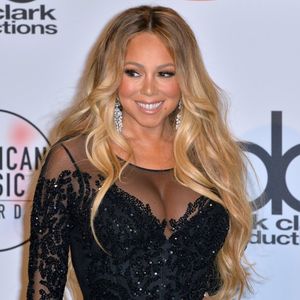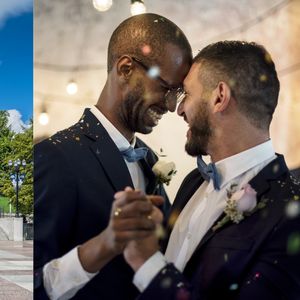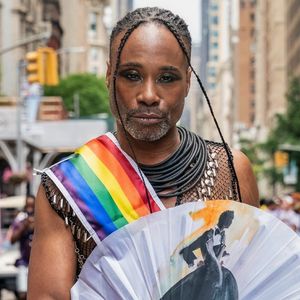On June 24, the
LGBT community lost one of its pioneers and champions in
academia with the suicide of Denice Dee Denton, the openly
gay chancellor of the University of California, Santa
Cruz. However, this tragedy also offers us the
opportunity to celebrate Denton's achievements and
legacy and to reflect on the prospects of gay and
lesbian leadership in higher education.
I remember
yelping with delight when I read the groundbreaking
announcement of Denton's appointment back in December
2004. To my knowledge, Denton was then the first
openly gay woman to take the reins of a major research
university. According to Denton's biography from the
U.C. president's office, after taking her doctorate
in electrical engineering from the Massachusetts
Institute of Technology she became a well-respected
faculty member at the University of Wisconsin-Madison
and later the dean of the college of engineering at
the University of Washington. Denton won numerous
awards, including a 2004 Presidential Award for
Excellence in Science, Mathematics, and Engineering
Mentoring, and held memberships in the American
Association for the Advancement of Science and the
Institute of Electrical and Electronics Engineers. Denton
was eminently qualified for her position, and though
media-driven suspicions about inappropriate spending
marked her tenure, the faculty, students, and alumni
of UCSC admired and proudly supported their gay
chancellor.
In 2004, Denton
joined a miniscule roster of openly queer college
presidents. According to the Point Foundation, Charles R.
"Chuck" Middleton became the first
openly gay college president when he was appointed to
head Roosevelt University in Illinois in July 2002. The LGBT
community went through a two-year dry spell after
Middleton's appointment, but then two
announcements in rapid succession gave hope to the
idea of greater inclusion in the leadership ranks of U.S.
colleges and universities. First came word of Denton,
followed by the April 2005 announcement that Ralph J.
Hexter, executive dean of the University of
California, Berkeley, and a professor of classical and
medieval literature, would assume the presidency of
Hampshire College in Amherst, Mass. (though not a
student there, I took vicarious pride through
Hampshire's membership in the Five College Consortium
to which my alma mater, Amherst College, also
belongs). The fact that Denton's and
Hexter's life partners would accompany them to their
new posts only raised their trailblazing profiles
higher.
The achievements
of Middleton, Denton, and Hexter are especially
significant when considered in the context of their
profession. College and university presidencies have
traditionally excluded minority Americans of all
kinds. According to the latest available statistics from
the American Council on Education, three out of four college
presidents are male, and 87% are white. No one tracks
statistics for gay or lesbian college presidents
(perhaps because you can count them on one hand), but
The Chronicle of Higher Education reports that
only 0.5% of college presidents claim a
"domestic partner." As recently as 2001, Brown
University's Ruth Simmons made history when she
became the first African-American woman to become
president of an Ivy League college. Considering the
institutionalized biases that have plagued higher
education, it is a wonder there have been any gay or lesbian
college presidents at all.
Of course,
college presidents should not represent specialized agendas
but rather the entire school community. As Hampshire
College's Hexter noted in an interview with
The Advocate, "Obviously, I am the
president of all students and want to be involved."
At the same time, however, there is no denying that
the appointment of an openly gay or lesbian college
president has special meaning for LGBT students at the
institution. Just as research conducted by the Gay, Lesbian,
and Straight Education Network demonstrated that
having an openly gay or lesbian teacher can improve
student achievement in secondary school, having an
openly gay or lesbian college president presents a message
of hope and possibility to young gays and lesbians at
a time when the prevailing national climate tells them
to sit down, shut up, and accept their second-class
citizenship without a fight. Many gays and lesbians are now
rising through the faculty and administrative ranks across
the country. In my own time at Amherst, I knew of gay
and lesbian department chairs, and an openly gay dean
always made time to attend LGBT student events. One
might even argue that gays and lesbians are particularly
suited for college and university presidencies; in a
job where being inclusive is paramount, who is more
qualified than someone who has known all his or her
life the anguish of being excluded?
So here's
my plea. To all of the closeted gay and lesbian college
presidents out there: Please come out. We need you. We need
your voice. We need your example, because, like it or
not, you're already in a position to be a role
model. And to all of the college and university
trustees out there: Please consider hiring a gay or lesbian
candidate as your next president. They are out there:
talented and passionate men and women who can define
brilliant strategic goals and inspire your faculty and
raise millions of dollars for your endowment. Make it a
priority to consider women and gays and lesbians and
people of color over status quo candidates, not only
because they are just as capable professionally but,
more important, because they often prove even more effective
socially: They serve as reminders that equal
opportunity is not a catchphrase but a reality.
A future where
the presidents of colleges and universities truly reflect
the diversity of this country is a future that Denice Denton
worked toward and one that would have made her proud.
It is, indeed, a future that will make us all proud.
